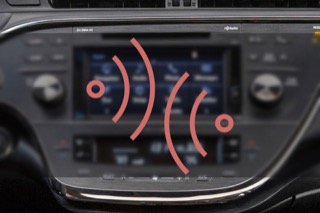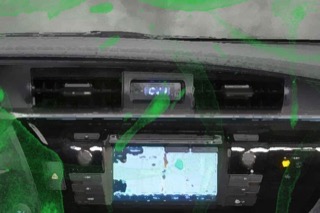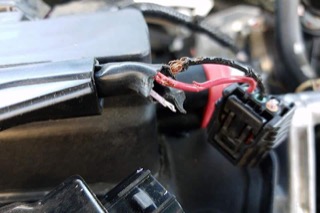3 Common Toyota Prius v Problems
A list of some of the most common issues Prius v owners have to deal with.
Bluetooth Echos During Calls
What's the point of hands-free calling if you can't have a conversation without an annoying echo getting in the way? That's the position many 2016-2019 Toyota owners find themselves in as they struggle with their car's bluetooth connection.
Continue reading article "Bluetooth Echos During Calls"
Musty and Moldy A/C
Toyota air conditioners smell like mold in numerous vehicles. So what's causing the musty smell and just how dangerous is it?…
Continue reading article "Musty and Moldy A/C"
Rodents Chew Soy-Coated Wires
Somewhere in the mid-2000's there was an industry-wide push by automakers to replace plastic and glass-based wiring insulation with a more eco-friendly soy-based coating. It's biodegradable, commendable, and a complete disaster for owners. …
Continue reading article "Rodents Chew Soy-Coated Wires"


